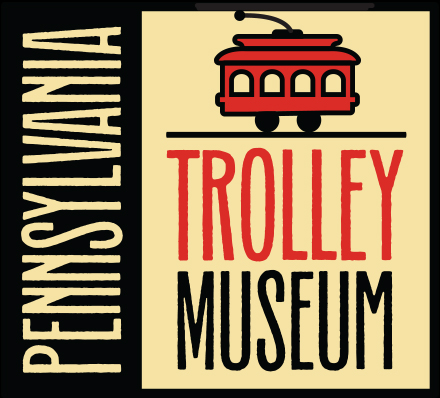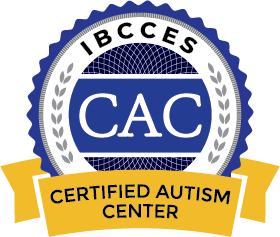Washington, PA—The Pennsylvania Trolley Museum (PTM) officially becomes a Certified Autism Center™ (CAC), a designation awarded by the International Board of Credentialing and Continuing Education Standards (IBCCES). This certification highlights the museum’s dedication to the ongoing professional development of its staff through autism-specific training to better understand and assist autistic or sensory-sensitive individuals and their families during their museum visit.
“Being designated a Certified Autism Center solidifies Pennsylvania Trolley Museum’s commitment to inclusion,” said Scott Becker, Executive Director/CEO. “Our museum is committed to educating all of its visitors on the importance of the Trolley Era and how it shaped today’s transportation technology and innovations, and this certification will provide an immersive and exciting experience for all of our guests.”
In line with their commitment to inclusivity, PTM has a dedicated classroom that will have a cool down space, a mobile sensory exploration station and inclusive materials such as adaptive scissors and larger writing utensils. Sensory bags that include noise-canceling headphones, sunglasses, and fidgets will also be available for guests. PTM purchased two 3D printers that will enable it to create safe-to-touch replicas of artifacts, museum collection pieces or 3D maps of our campus to be used with a focus on those with visual impairments.
“Myron Pincomb, IBCCES board chairman, commends the Pennsylvania Trolley Museum for their dedication in achieving the Certified Autism Center™ designation. Their specialized autism training ensures every visitor is acknowledged, appreciated and welcomed, shaping a more inclusive community for all.”
For more than 20 years, IBCCES has been the leader in cognitive disorder training and certification for healthcare, education and corporate professionals around the globe. IBCCES created programs specifically for hospitality and recreational organizations, such as hotels, theme parks, museums and other attractions so staff would be more knowledgeable and other accommodations could be offered to this growing, but underserved, part of the community. IBCCES is the only credentialing board offering these types of programs, which include training from subject matter experts and autistic self-advocates, as well as long-term support, continuous learning and more.
IBCCES also created AutismTravel.com, a free online resource for parents that lists certified locations and professionals. Each organization listed on the site has met Certified Autism Center™ (CAC) requirements.
You can find the Pennsylvania Trolley Museum listing on the IBCCES registry.
###
About Pennsylvania Trolley Museum
Established in 1954, the Pennsylvania Trolley Museum is dedicated to preserving and perpetuating its collection of historic transportation equipment, artifacts and archives and utilizing the collection and other resources to provide an unparalleled immersive experience that brings the technology and culture of the Trolley Era alive through entertaining, educational, and diverse programming. It is committed to enhancing the knowledge of transportation technology and culture to educate and inspire future generations of innovators.
About IBCCES
Committed to providing The Global Standard for Training and Certification in The Field of Cognitive Disorders – IBCCES provides a series of certifications that empower professionals to be leaders in their field and improve the outcomes for the individuals they serve. These programs are recognized around the world as the leading benchmark for training and certification in the areas of autism and other cognitive disorders.


